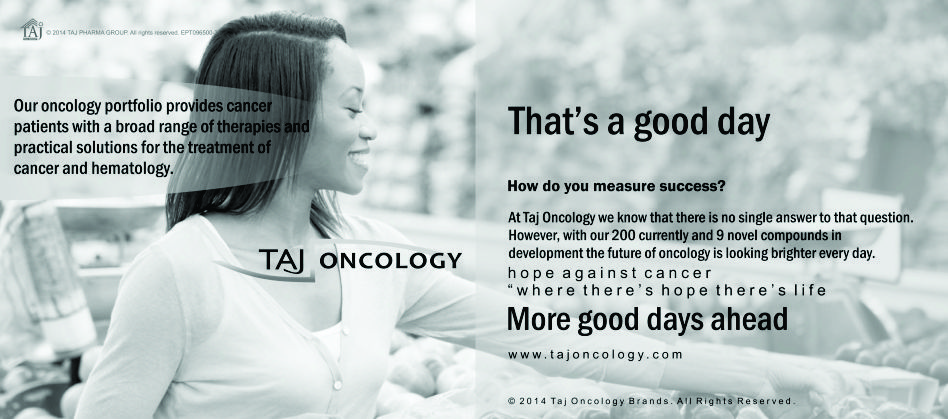Quality Assurance
Quality assurance is a wide ranging concept covering all matters that individually or collectively influence the quality of a product. Taj Oncology's quality system is divided into 4 areas which are constantly micromanaged: Production, Distribution, Inspections, and Quality Control. Each area has unique processes and procedures to ensure product consistency.
Production
Good Manufacturing Practice (GMP) is the part of quality assurance which ensures that products are consistently produced and controlled to the quality standards appropriate for their intended use and as required by governments. GMP is aimed primarily at diminishing the risks inherent in any pharmaceutical production, which may broadly be categorized in two groups: cross contamination/mix-ups and false labeling. Above all, Taj Oncology is most concerned with protecting the end user and avoiding risk due to inadequate safety, quality or efficacy.
Distribution
Any comprehensive system of quality assurance must be founded on a reliable system of controlling the quality, safety and efficacy of a finished product delivered to a market. Taj Oncology's record speaks for itself - no patient adverse effects reported due to poor product quality. All of our manufacturing operations are designed to exceed the accepted norms of GMP. Our customer's distribution channels and supply chains follow quality assurance as well in order to ensure our end users are getting quality medicines.
Inspections
Inspections are part of the overall drug quality assurance system. The objective of inspecting pharmaceutical manufacturing facilities is either to enforce Good Manufacturing Practice (GMP) compliance or to provide authorization for the manufacture and importation of specific pharmaceutical products by foreign health ministries and drug administrations. Taj Oncology frequently conducts both internal and third-party inspections to monitor the quality of both manufacturing facilities and pharmaceutical products in distribution channels, from the point of manufacture to delivery to the recipient, as a means of eliminating the hazard posed by the infiltration of counterfeit drugs.
Quality Control
The term quality control refers to the sum of all procedures undertaken to ensure the identity and purity of a particular pharmaceutical product. Taj Oncology's procedures range from the performance of simple chemical experiments which determine the identity and screening for the presence of particular pharmaceutical substance (thin layer chromatography, infrared spectroscopy, etc.), to more complicated requirements of pharmacopoeial monographs. Activities extend to the area of quality control laboratories (good laboratory management practices, models, etc.) for Certificate of Analysis and lists of laboratory equipment, and an external assessment scheme.
Taj Pharma Group
A dream for new world Anchored in India and committed to its traditional values of leadership with trust, the Taj Pharma Group is spreading its footprint globally through excellence and innovation.
Each operating company in the group develops its international business as an integral element in an overall strategy, depending on the competitive dynamics of the industry in which it operates. For some businesses a focus on the export market remains the priority. For others it is developing a robust presence in domestic markets given growing population of India. And then there are Group companies, a small but growing number, that have global ambitions; additionally, synchronizing these ventures to cater Indian market remains a priority for growth.
Exports from India remain the cornerstone of the Taj Pharma Group’s international business, but different Taj companies are increasingly investing in assets overseas through Greenfield projects (such as in Spain, Germany, Middle East, Africa, Russia, and CIS Countries), joint ventures (in Sri Lanka, UK) and acquisitions.
While individual Taj companies have differing geographical imperatives, the Taj group is focusing on a clutch of priority countries, which are expected to be of strategic importance in the years ahead. The regions are UK, Sri Lanka, the Netherlands, Germany, South Africa, members of the Gulf Cooperation Council, Brazil, Vietnam, Thailand and Taiwan.
Dr. R.K.Singh, Chairman, Taj Pharmaceuticals Limited., sums up the Taj group’s efforts to internationalize its operations thus: “We hope that a several years from now we will spread our wings far beyond India, that we become a global group, operating in many countries, an Indian business conglomerate that is at home in the world, carrying the same sense of trust that we do today." We have already progressed on such efforts by our current presence in more than 40 countries.









